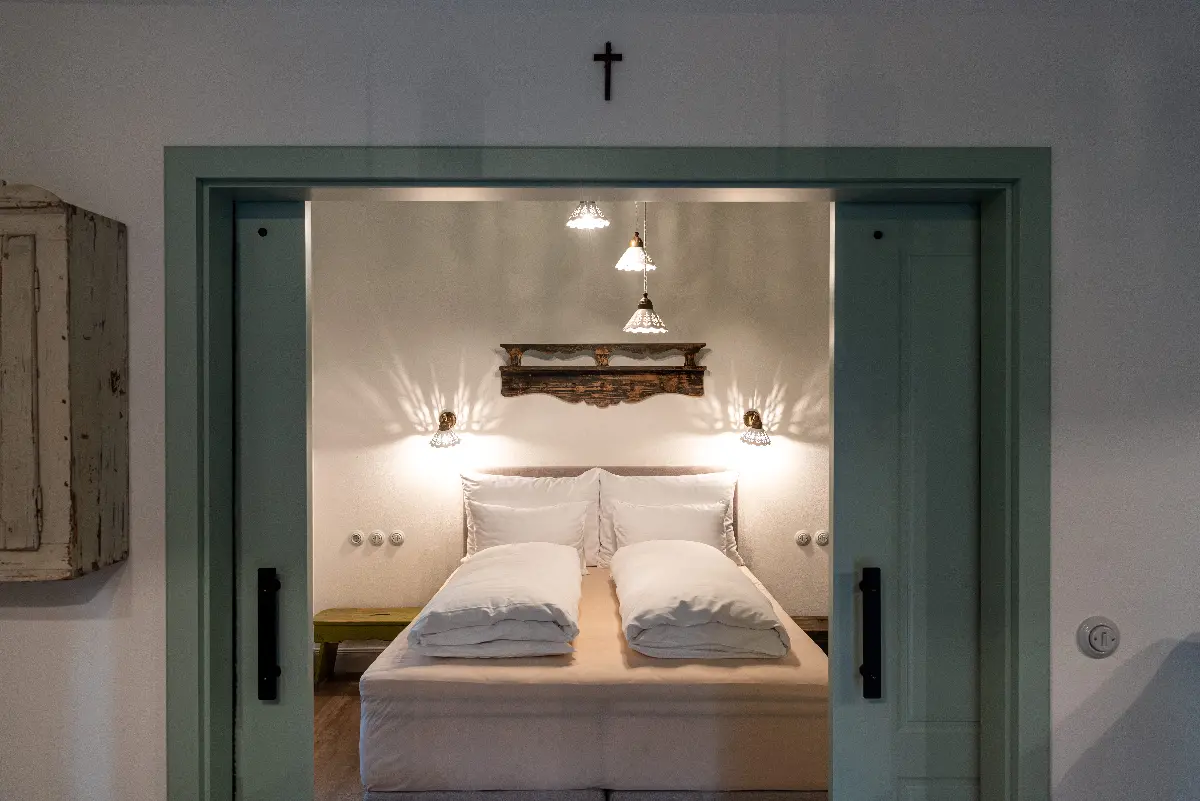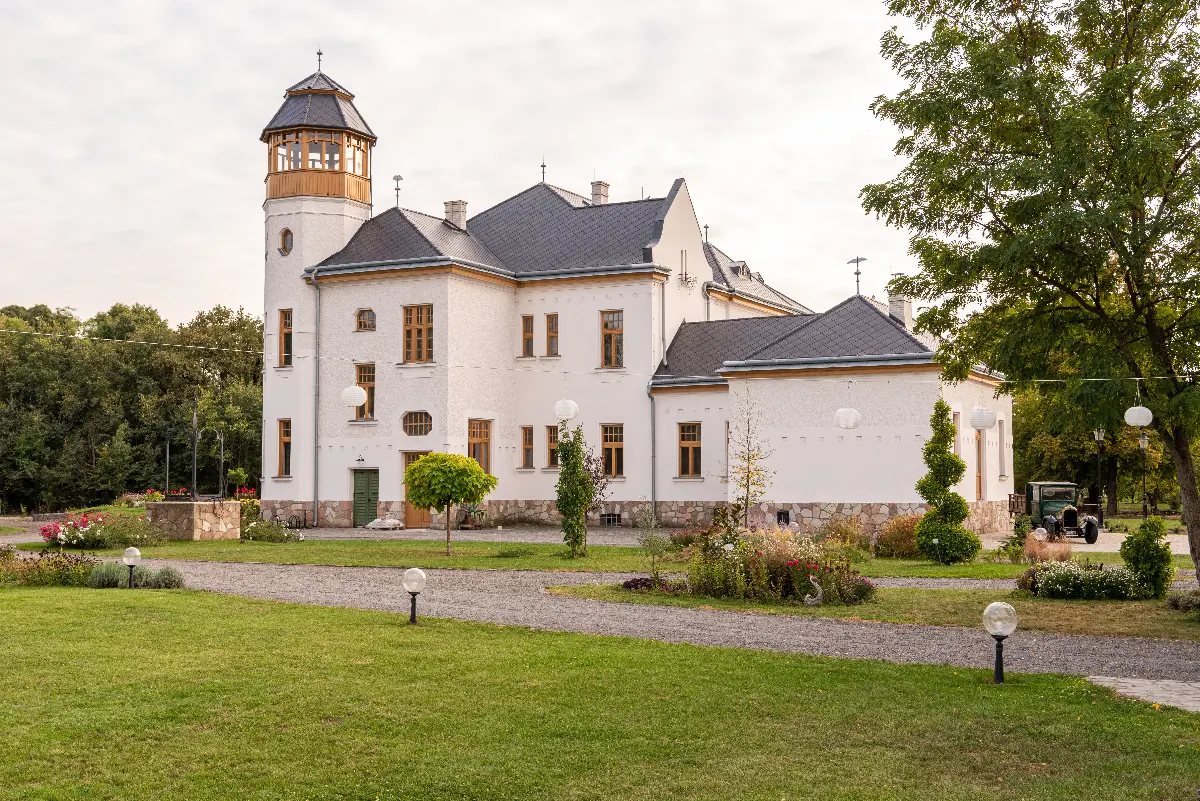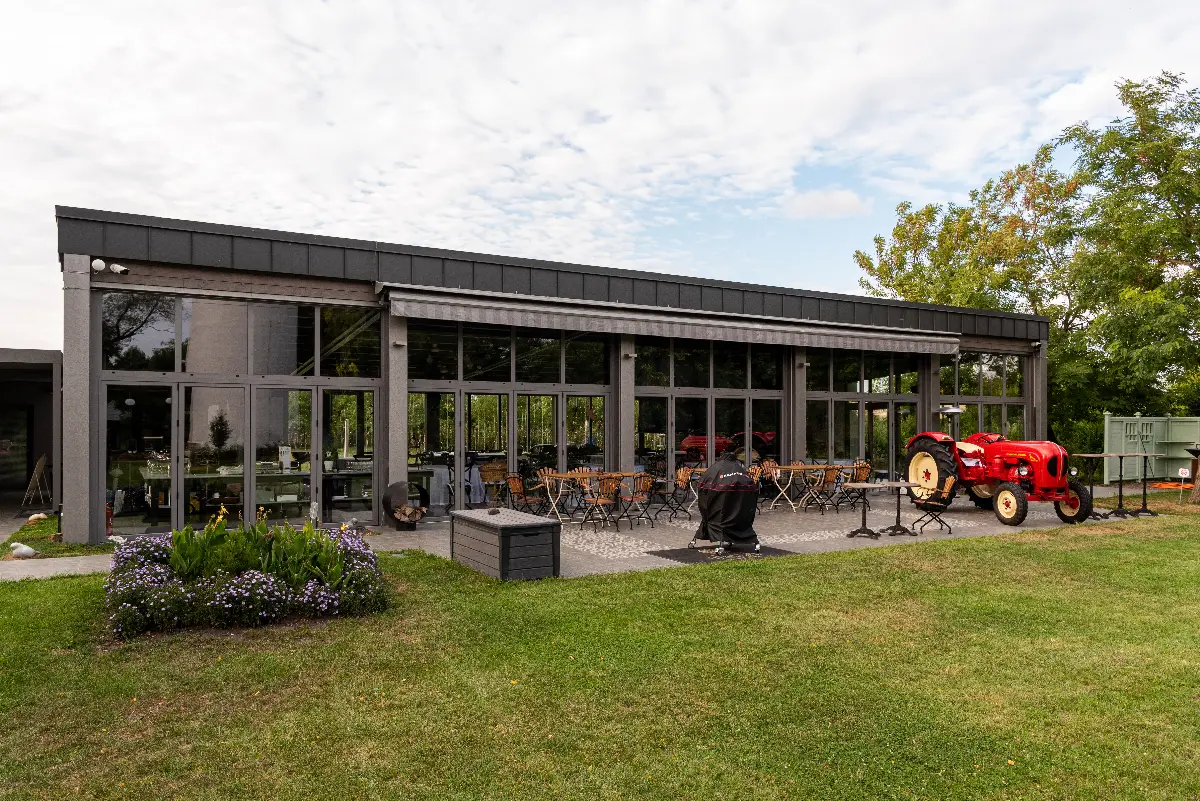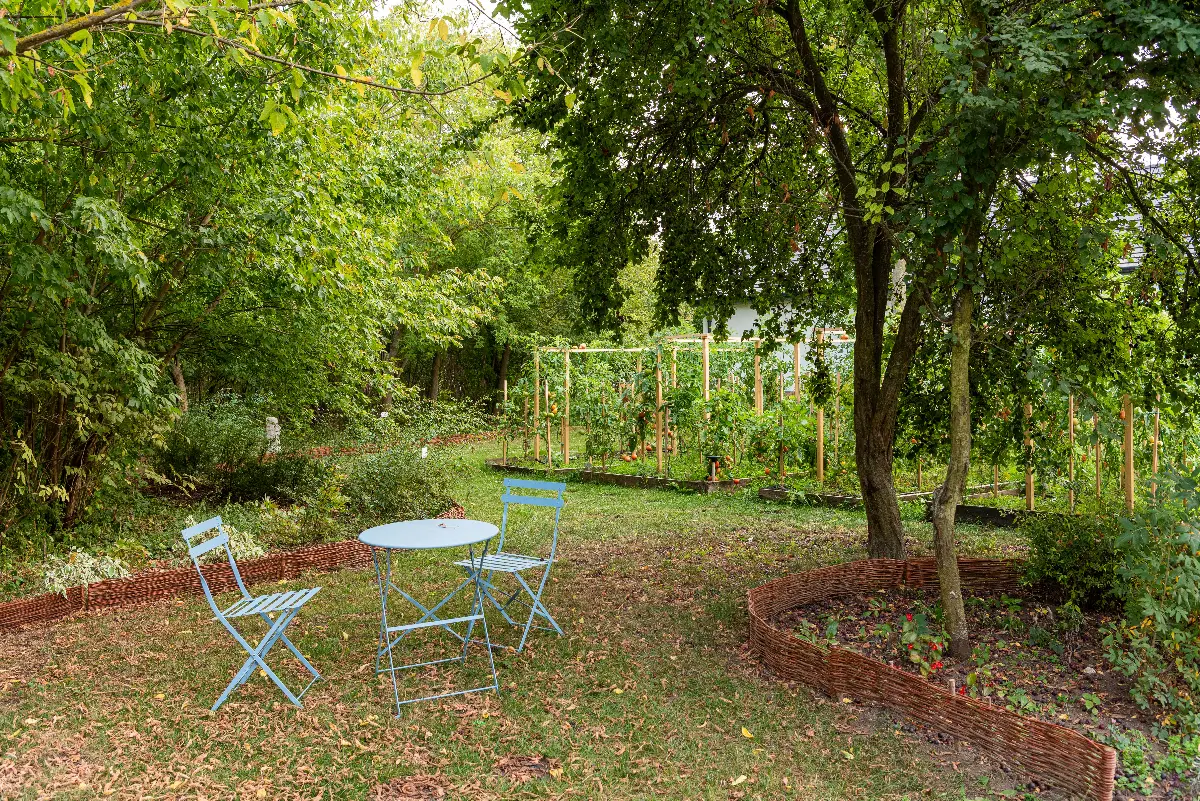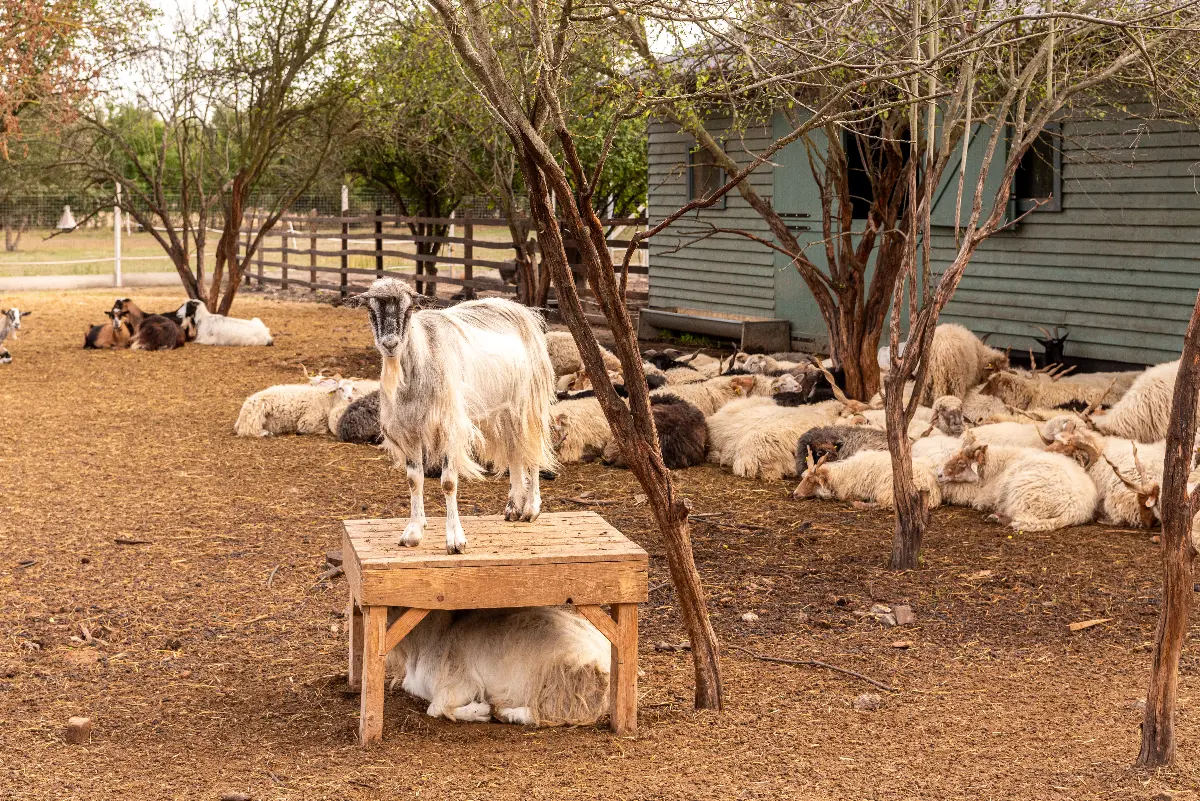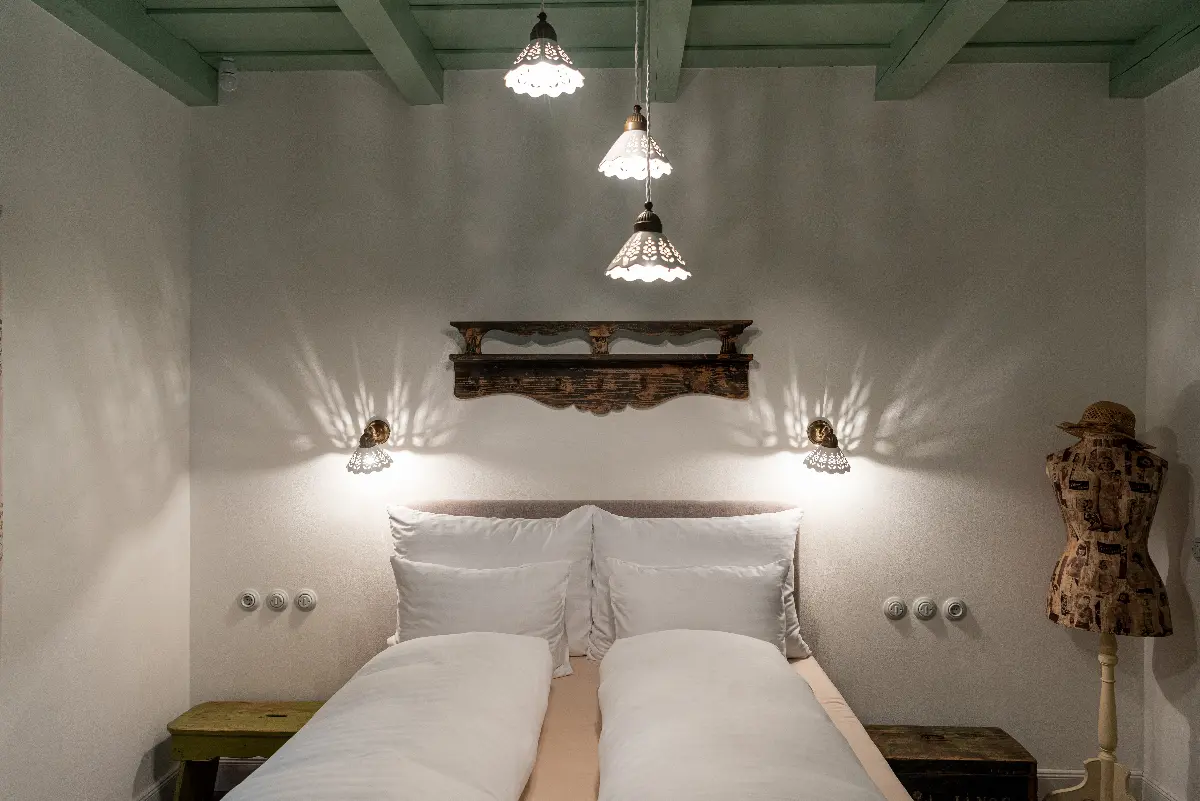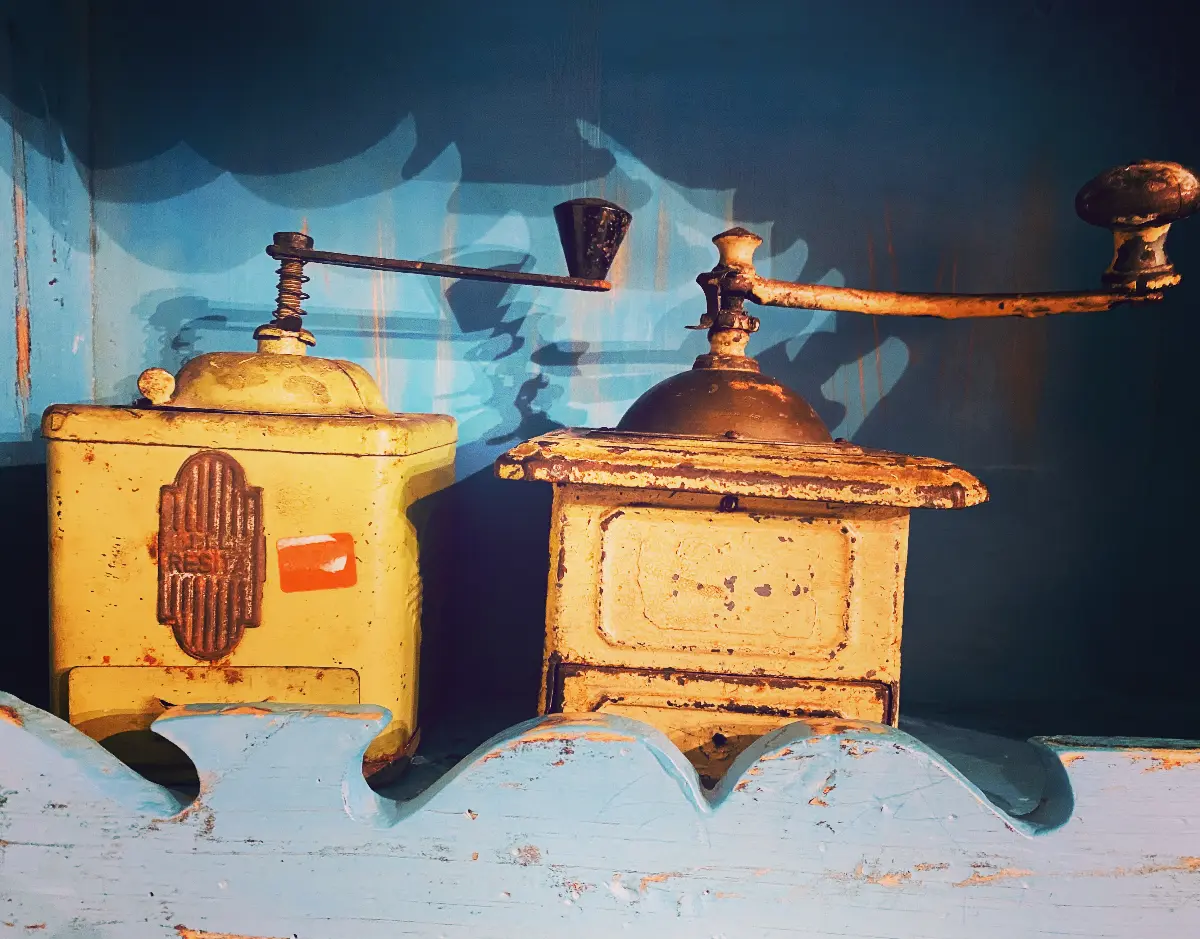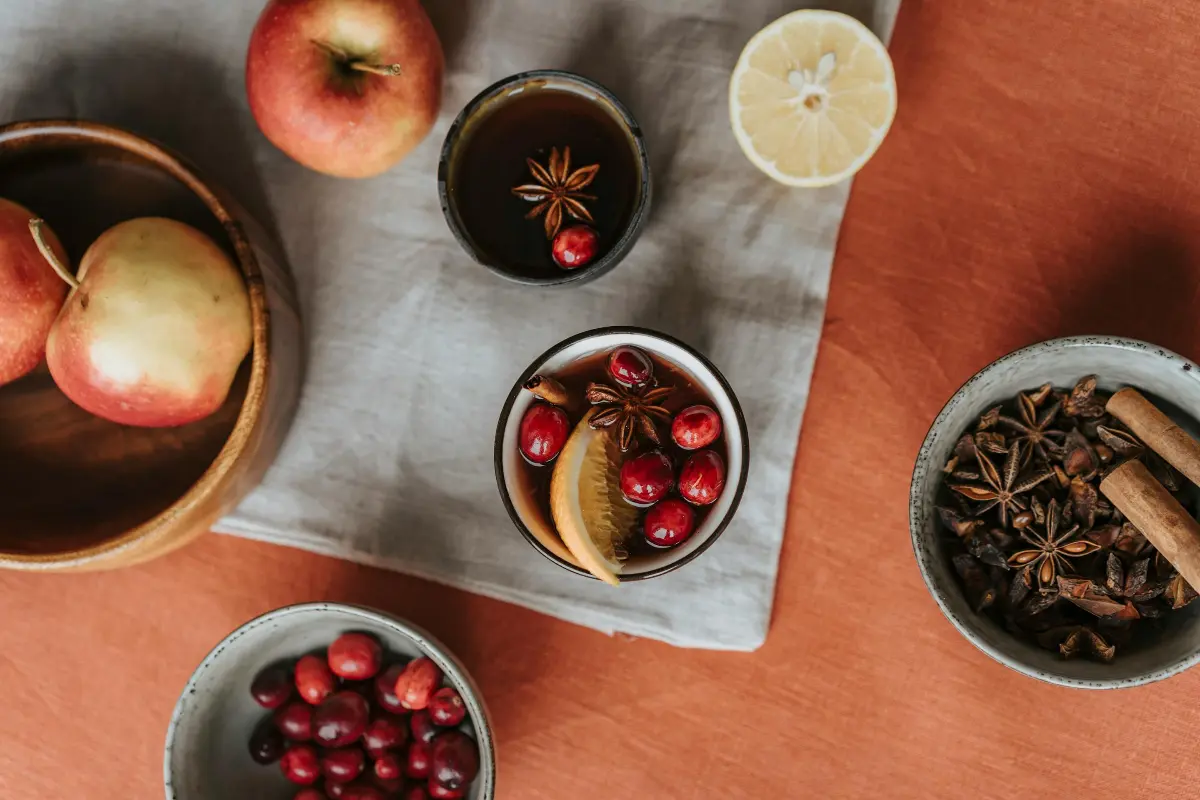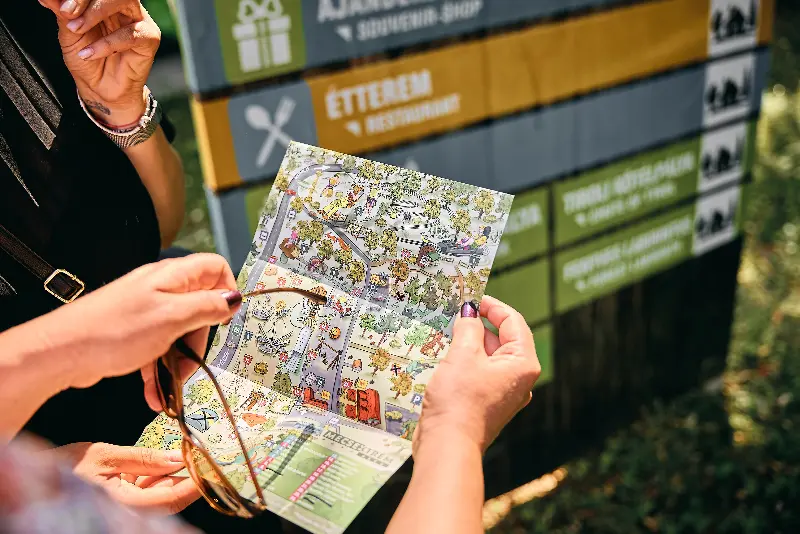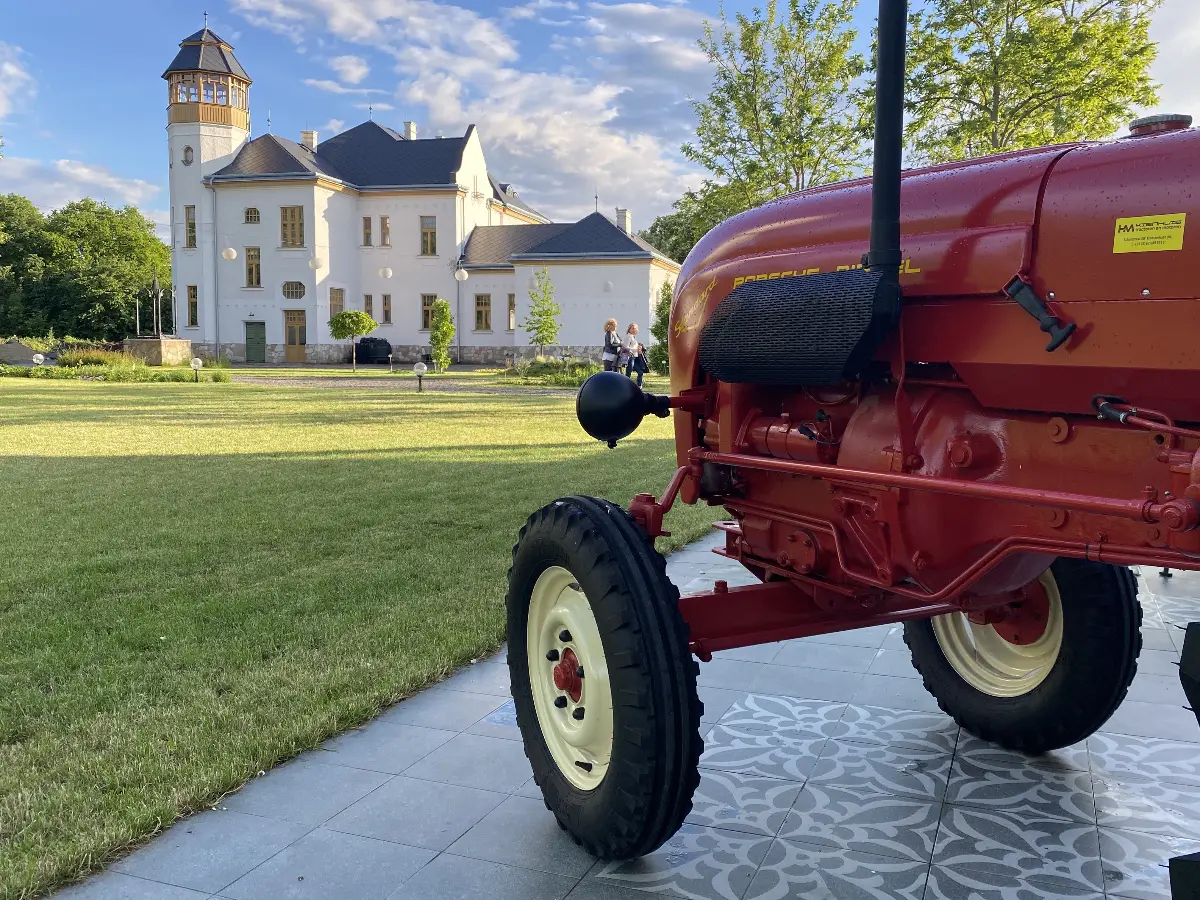
Helyszín címkék:
Catering with zero kilometre in the castle garden Farm to table in the Graefl
Méhész Zsuzsa
The Chain Bridge and the accidental discharge
The original owner of the castle, the Graefl family from Germany was invited to Hungary by István Széchenyi, he envisaged the role for building the most beautiful bridge of Budapest, the Chain Bridge. They could love building because they put up even two castles close to each other around Lake Tisza in eastern Hungary where they settled down and became the greatest proprietors of the neighbourhood. They established a well-organised ornamental farm, to sign up for a job of their harvest worker was an honour. Themember of the Graefl family wasn’t lucky, the building promoter, Andor, fell victim to an assassin, his son’s life was destroyed by an accidental discharge during a party. After the second world war every “property” was taken away from the family, its members were scattered all over the world. From the hunting lodge where peacocks were walking in the park, Hungarian and foreign noble men hunted for small games and it also used to welcome the Duke of Windsor, became the office of a cooperative farm, then a sewing factory — at last it was abandon to its fate.
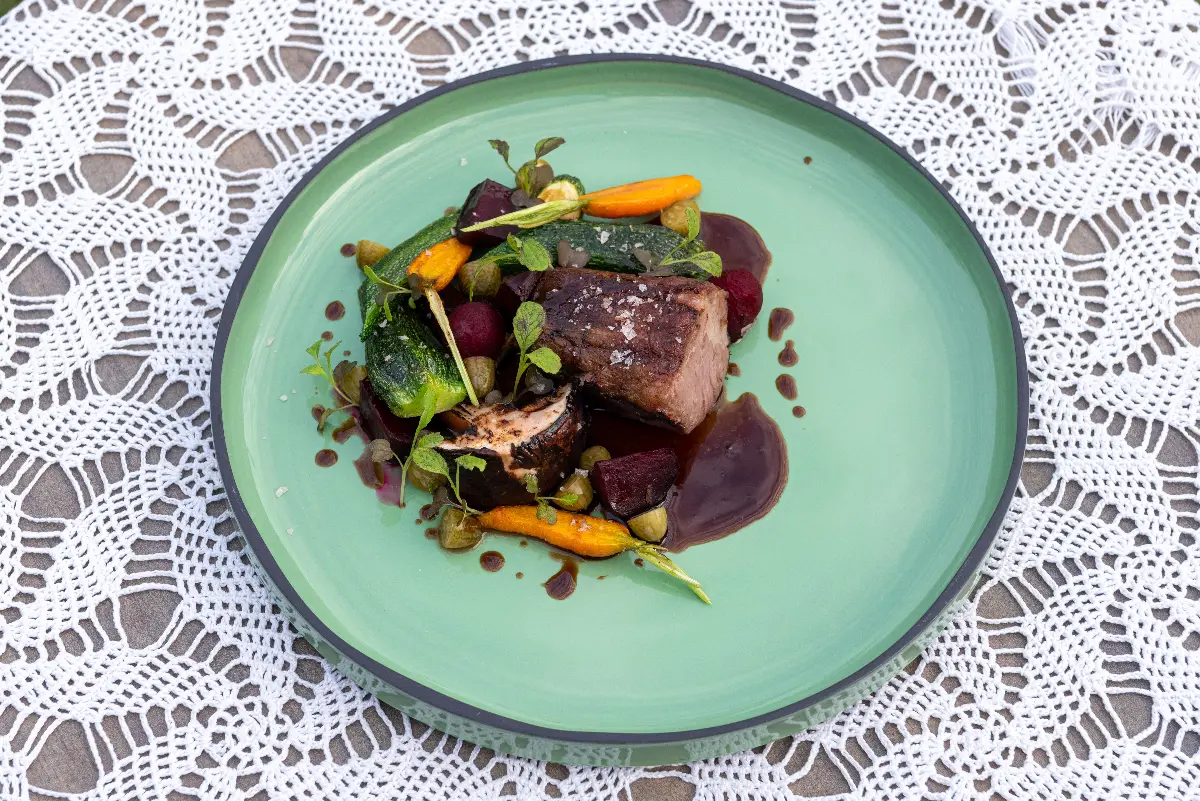
An estate from a passion
Györgyi Szerencsés used to work in tourism and as a tourist guide guided several foreign groups in Hungary.During these years she thoroughly learnt what guests needed. So when she and her husband, Péter Szepesi fell in love with the place and the building, she already knew that she wanted to create something unique. But great imagination was needed to see a beautiful estate which fulfils every demand in the dilapidated, entirely destroyed building. Today the Graefl Castle is surrounded by a wonderful garden, a well-kept pasture and a fruit garden but path must have been cut among weeds and tendrils for those who actually wanted to get into here.Both of them are enthusiastic people, Gyöngyi invited experts to help with rescuing the castle and started collecting thoroughly. She searched for photos, documents to have the castle rebuilt in as authentic shape as possible Work has been still on but the chapel, the apartments for the guests, the restaurant and the manor have been already ready.
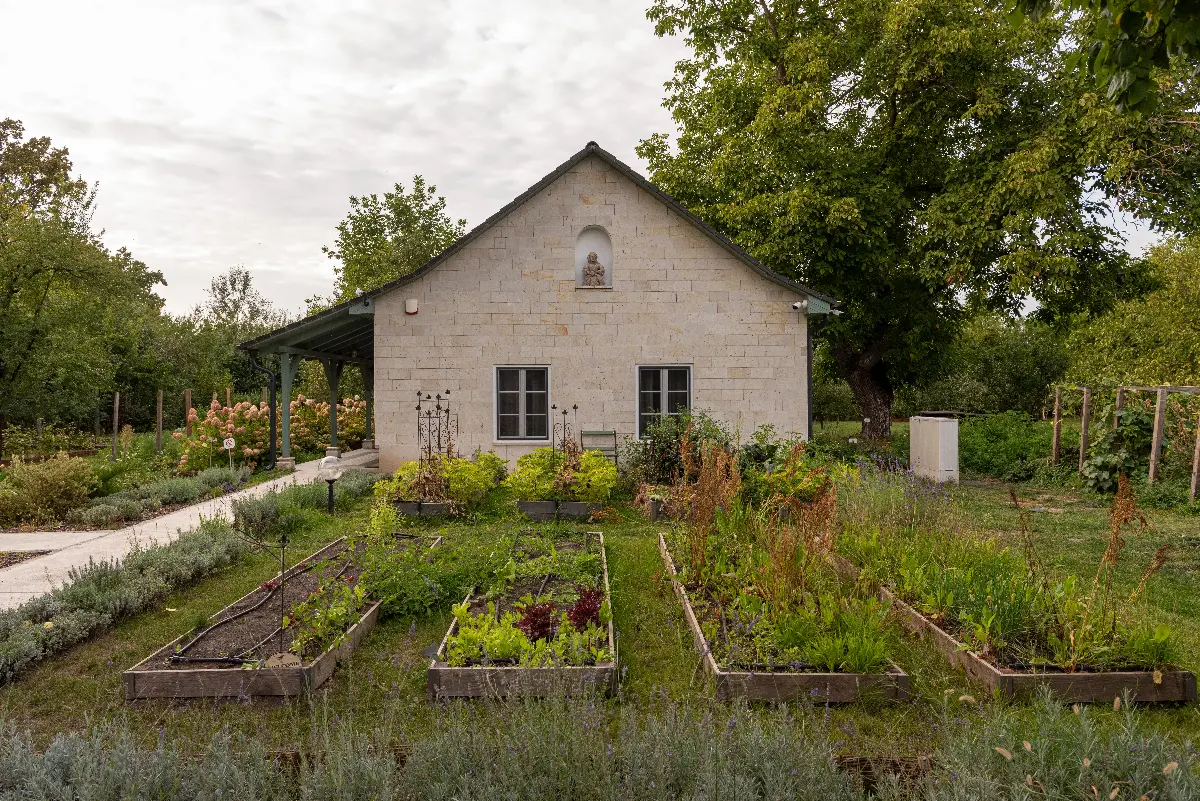
From farm to table
Péter Szepesi manages the manor. They have everything that can be important for them and their guests. They produce only clean food, they bake the bread themselves. Those who rise early, they can see from the window of their apartment as the shepherd herding his sheep to the pasture. In front of the houses herbs and tomatoes grow in raised beds — chemical free. Backwards a glasshouse takes care of the constantly fresh vegetables. Eggs come from free-range hens, in the stable mangalitzas are oinking and we meet cattle as well. Everything is processed: they make syrup, jam, sources, they preserve, pickle. The domestic cheese factory is being established and the first beers are also brewed in the domestic brewery.
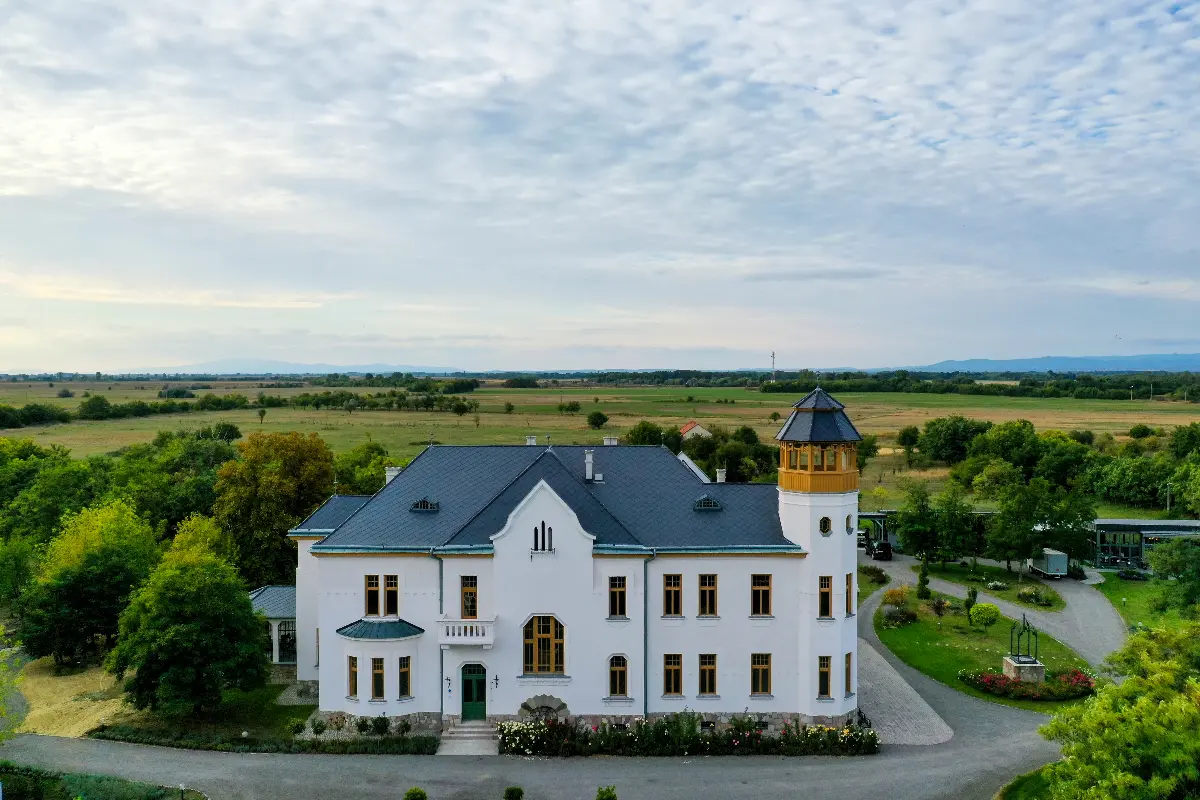
The cuisine follows real slow food principles: everything is seasonal and of zero kilometre. Directly next to the kitchen fresh herbs can be collected, they have planted even a pepper tree but they also have an own tea plant. At planning the menu the chef simply walk out the manor and have a look at the plants they currently have. Györgyi and her husband believe in self-supply approach and they offer things to their guests that they would feel like eating. Beside slow food they promise real slow life experience — here time really slows down, everything is of quality and natural, and the guest can feel like: God holds them in the palm of his hand.

